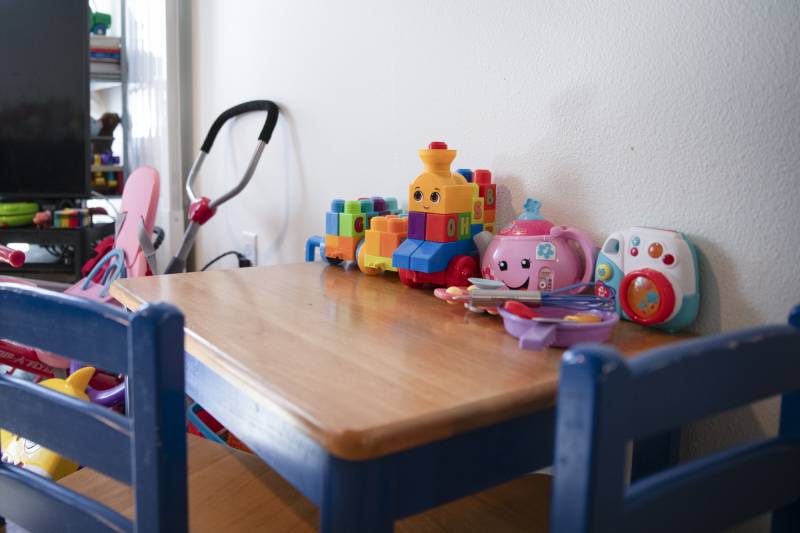Mariah Martinez, a care coordinator manager with the San Francisco-based nonprofit Support for Families of Children With Disabilities, suggests filling out the referral form (which you can find on each regional center’s website) and emailing it to the regional center, so you can begin documenting the process from the start.
“Once the regional center emails you back with the confirmation that they received it, then that’s when the timeline begins,” she says.
If the process then goes beyond 45 days, caregivers can contact their caseload manager or the officer of the day at the regional center to get an update on the status of their case, Martinez says.
What if I’m not getting timely services?
As frustrating as it sounds, parents and caregivers often have to call their regional center coordinator repeatedly. “Keep pushing to move the process along,” Martinez says. She also suggests reaching out to their child’s pediatrician or medical social worker, a family resource center (there are more than two dozen of these located throughout neighborhoods in San Francisco, for example) or advocacy groups like Support for Families of Children With Disabilities to assist in communicating with their service coordinator.
“We try our best to get families connected to them,” she says. “And for the majority of time, I believe we’re pretty successful at getting them some sort of update regarding their case or if there’s anything else that the regional center needs from them. That way, the process goes a little bit smoother for them.”
Also, the First 5 Association of California offers a “Help Me Grow” program in each of the state’s 58 counties to help identify a family’s child development needs.
What if I disagree with the service plan? Or if my child was denied Early Start services?
The DDS suggests first talking with your service coordinator or asking the leadership of the regional center to review and reconsider their decision.
The next step after this could be seeking mediation or a due process hearing with the Office of Administrative Hearings. Martinez recommends “getting everything written down” so families will have documentation of their attempts to get services.
Martinez says it’s a good idea to seek legal advice from the Office of Clients’ Rights Advocacy before filing an appeal or complaint with the state. The OCRA has an attorney or advocate assigned to each regional center and is run by Disability Rights California.

